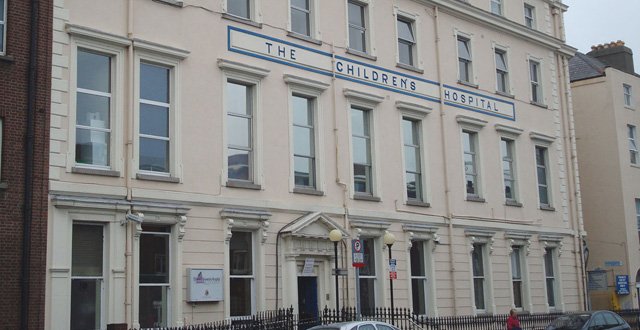Some 332 of these adult patients have upcoming appointments at the children’s hospital and the remaining 116 patients either did not attend their last appointment or did not request another appointment, according to Temple Street.
The adult patients are awaiting transfer to the Mater. “Adult patients awaiting transition have been identified as a risk on Temple Street’s Risk Register since 2012 and this risk was escalated to the Acute Hospitals Division of the HSE at that time,” said Temple Street’s spokesperson.
“The Temple Street CEO and Executive Management Team are aware of this ongoing issue and the CEO and members of her team have met and continue to meet with key stakeholders in a determined effort to help resolve the difficulties.”
The Mater’s adult inherited metabolic service has 647 patients (606 of whom are active patients). It has only 1.07 whole-time equivalent consultants and one dietician in post. The service has vacancies for a senior dietician, specialist dietician, dietician assistant and clinical nurse specialist.
According to the metabolic service report for 2018: “Total of 503 patients who need dietetic support but only capacity to see and provide support to 354 (149 not seen) in 2017 with two dieticians. Thus, theoretically only have capacity to provide support to 177 (35 per cent) patients at present.”
This report also stated: “With only 1.07 consultants, the metabolic service has been forced into a situation, falling short of benchmarking. NCHD trainees are asked to assist with clinical prioritisation of patients for dietetic services, which are not consistent with the NCHD approved training commitments.”
An Ireland East Hospital Group (IEHG) spokesperson said: “Currently, we are not refusing new patients, however as per agreement of transition of patients from paediatrics services to adult service, the Mater is unable to safely accept more complex metabolic patients until additional staffing (medical, nursing and dieticians) are in post.”
A business case was submitted to the HSE in relation to transitioning patients to the adult service. “This was to be done on a phased basis; the final phase for the transition of the complex metabolic patients has not been fully resourced but is in the process of being implemented,” stated the IEHG.













Leave a Reply
You must be logged in to post a comment.